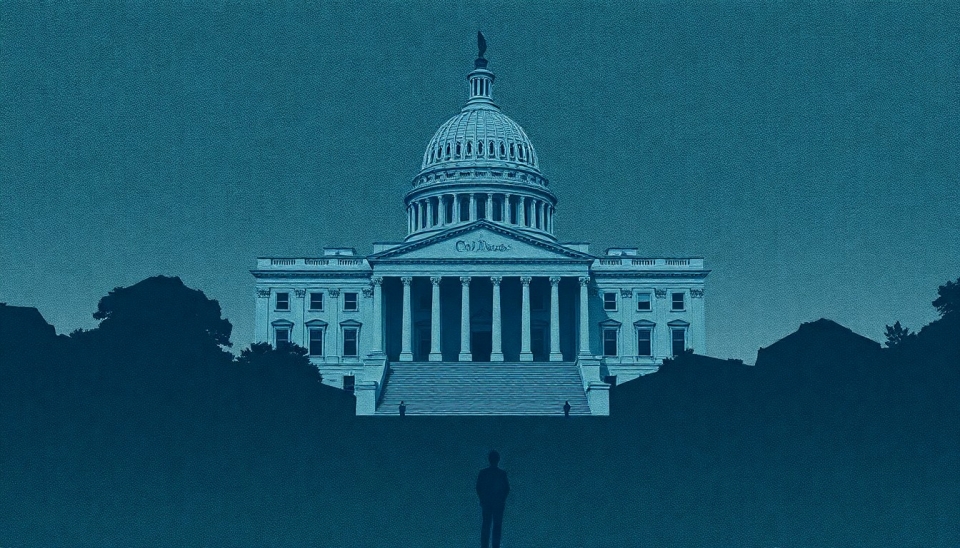
In a significant move to enhance cybersecurity protocols, US lawmakers have initiated efforts to ban the DeepSeek application on government-operated devices. This action comes amidst rising concerns surrounding data privacy and security, specifically related to how the app handles sensitive information.
DeepSeek, a popular search tool powered by artificial intelligence, has garnered considerable attention for its ability to filter and analyze vast amounts of online data. However, its functionalities have raised red flags for government officials who worry about potential vulnerabilities. Concerns focus particularly on the app’s ability to access and store data without proper oversight, posing risks to the integrity of government information.
The push for the ban emerged following reports of potential exposure of classified information via various applications, with DeepSeek being highlighted as a key concern. Lawmakers argue that while incorporating advanced technology into governmental operations can enhance productivity, the risks associated with such tools must be critically evaluated. This sentiment reflects broader apprehensions regarding the security implications of using commercial software within public service.
Legislators referenced a growing body of evidence showcasing how foreign adversaries might exploit loopholes in data management practices. By utilizing DeepSeek, unauthorized entities could potentially analyze sensitive government data, putting national security at stake. As such, the bipartisan initiative seeks to impose stringent restrictions on the app’s use within federal systems.
In response to these growing security concerns, the legislation proposed outlines specific guidelines and deadlines for the compliance of government agencies. The law would require all federal devices to either disable or uninstall the DeepSeek application to safeguard against unauthorized data extraction. Agencies would be held accountable for adhering to these protocols, thus ensuring a higher standard of data protection.
This proposed ban represents a larger trend among policymakers to scrutinize the technology tools employed by government institutions. With the digital landscape rapidly evolving, the measure reflects a commitment to maintain high security standards and protect sensitive information. As technology advances, lawmakers are increasingly aware that the intersection of innovation and security must be approached cautiously.
As discussions on this legislation advance, stakeholders involved in government cybersecurity are keenly monitoring how this decision could affect the broader technological ecosystem, especially as it pertains to the employment of AI in government functions. The implications of limiting specific technologies may lead to calls for alternative solutions that can deliver similar capabilities without compromising security.
As the national conversation on technology's role in governance continues, the outcome of this legislative effort will undoubtedly influence future policies regarding the use of applications and data management practices in federal operatives. Lawmakers emphasize the importance of balancing efficiency and security, a discussion that is more crucial than ever in today’s digital environment.
In conclusion, as US lawmakers take a firm stand against the DeepSeek application, the focus shifts to finding secure technological solutions that prioritize national security while still fostering government efficiency. The implications of this move will resonate across various sectors and may set precedents for how technology is integrated into federal operations moving forward.
#DeepSeek #Cybersecurity #USGovernment #DataPrivacy #Legislation #TechRegulation
Author: Liam Carter




